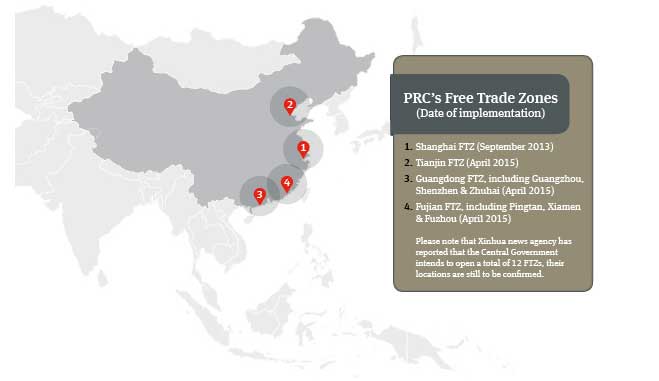
Publication
Video gaming and cybersecurity: Navigating the cyber risks
In the past decade the video gaming industry has grown immensely. This, in combination with a number of unique factors, makes the video gaming industry a very interesting target for cyber criminals.



